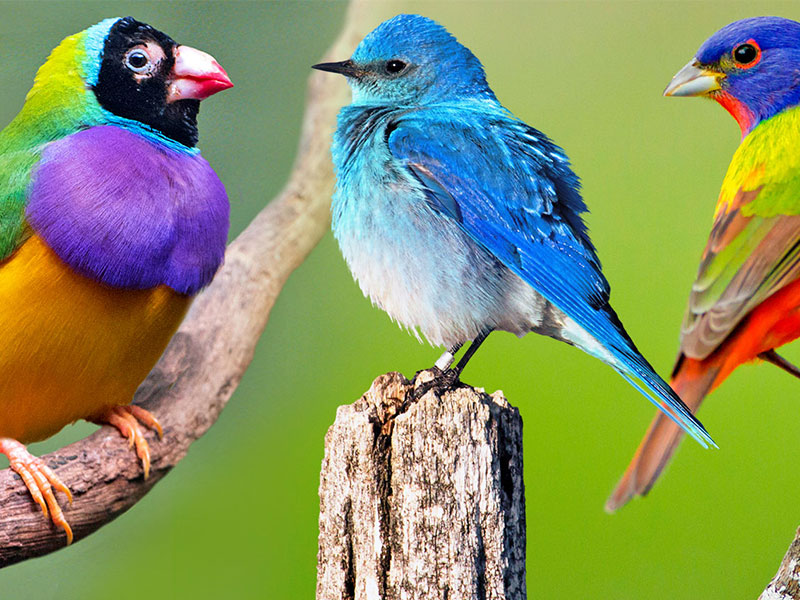On December 30th, 2023, a private plane touched down at Mahinda Rajapaksa International Airport (MRIA) in Mattala, Sri Lanka, carrying an unexpected cargo: over 300 exotic birds, destined for a private zoo within the country. However, this seemingly innocuous arrival sparked a flurry of controversy, as the birds lacked the necessary import permits, plunging the situation into a legal and ethical quagmire.
Sri Lanka Customs officials quickly intercepted the feathered passengers, citing the glaring absence of proper documentation. Spokesperson Seevali Arukgoda revealed that while the importer possessed a prior bird import licence, it pertained to a smaller number of birds brought in on a previous occasion. The individual seemingly assumed this licence could be repurposed for additional imports, a misinterpretation that raised concerns about potential harm to Sri Lanka’s native flora and fauna.
Arukgoda further clarified that customs protocol typically allows for items not included in the initial shipment to be imported later, with proper permits. However, the sheer volume of live birds warranted a more cautious approach, prompting an in-depth investigation. The birds were temporarily entrusted to the Animal Production and Health Department at Mattala Airport, their fate hanging in the balance.
Meanwhile, environmentalists raised a chorus of disapproval, alleging that certain officials were attempting to circumvent the law by granting retroactive permits for the imported birds. Environmental lawyer Dr. Jagath Gunawardena emphasized the gravity of the situation, stating that importing foreign birds without permits clearly violates Section 37 of the Fauna and Flora Protection Ordinance. He further questioned the legality of detaining the birds under the importer’s supervision while potentially attempting to re-license them.
This saga of exotic avian arrivals exposes a web of questionable practices and highlights the importance of robust safeguards for Sri Lanka’s natural heritage. The incident prompts several critical questions: What potential ecological repercussions could these unauthorized imports have? Are established protocols being properly followed by customs officials? And most importantly, will those responsible for this attempted circumvention of the law be held accountable?
As the investigation unfolds, the fate of the 300 feathered travellers remains uncertain. Whether they will find sanctuary in the intended zoo, languish in limbo, or be repatriated to their homeland hangs in the balance.







